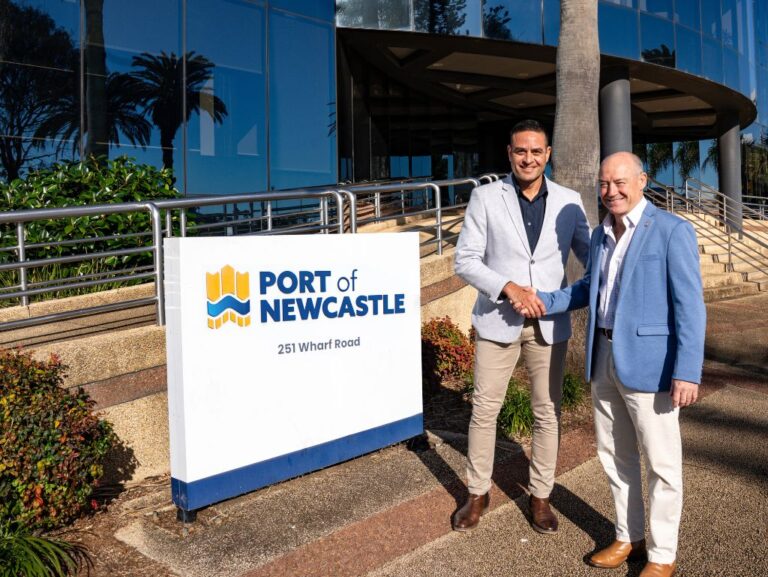Running a small business can be a confounding, perplexing, and exhausting exercise. But if you get it right, the rewards make it all worthwhile. For the lucky few that succeed, the challenge then becomes protecting what they’ve created, which means insuring the business against the things it couldn’t financially survive.
Survive is the key word here, because it hints at what you should really focus on protecting. You don’t need to insure everything, just the things that your business wouldn’t be able to afford or replace. You should think about the impact of the event, rather than the likelihood of it occurring.
For example, while the likelihood of breaking a laptop may be high, a sole trader could probably afford to buy a new one. It might sting a little, but the business would survive.
Say a client visits a small store, however, trips on a cord and hurts their back. The ensuing public liability claim could include treatment and rehab costs, compensation for missed earnings and mental anguish, as well as significant legal costs. Financially, could the store survive?
Or a real estate agent advertising a property as fully sewered and serviced, which turns out to be untrue. The buyer could feasibly sue for misrepresentation and level a professional indemnity claim that could not only involve court costs and compensation, but a considerable blow to the reputation of the agency. Would the agency survive that?
Granted, these are unlikely events and extreme examples. But again, while they may not happen often, when they do happen the financial consequences can be severe.
And they do happen.
That’s why public liability and professional indemnity are more than necessary evils, they’re crucial elements to a sound business plan. If ignored, they can pose gaping holes in the financial protection of any business and its operations.
So what are they exactly?
Public liability (PL) insurance protects your business against the financial risk of being found liable for causing personal injury, property damage, loss or death to a third party, whilst you and members of your business go about their work duties.
You are typically covered for:
- Compensation for personal injury and/or property damage to a member of the public or customer;
- Product liability; and
- Legal and defence costs.
What’s typically NOT included:
- Employee injury (workers compensation will cover this);
- Damage to your property; and
- Personal injury or property damage which occurs outside the period of insurance.
Professional indemnity (PI) insurance covers professionals who provide advice or a service against legal costs and claims for damages arising from any act, omission, or breach of duty in the delivery of a service.
You are typically covered for:
- Damages and claimant costs awarded against you:;
- Legal and defence costs;
- Claims investigation costs;
- Court attendance costs; and
- Public relations costs.
What’s typically NOT included:
- Intentional damage;
- Known claims and circumstances;
- Fraud and dishonesty;
- Accidental injury; and
- Property damage.
There are a lot of other important insurance types that warrant consideration for small businesses.
Business insurance packs should be a major consideration, as they can include public liability and a host of other options to protect your contents, premises and equipment against loss, damage or theft. You can even include business interruption insurance to cover financial loss if an insured event inhibits business income.
Cyber liability, tax audit, and management liability are also valuable tools to protect your business and should come under careful consideration. It is important to keep in mind that whilst PI and PL protect you against significant legal liabilities, there will be a host of other business risks that you will need to separately assess for insurance purposes.
Could a cafe operate without a refrigerator? Can a tradie work without their tools? Can an accountant go about their business if their IT system is hijacked by hackers?
The twin pillars of business protection, however, are public liability and professional indemnity insurance. They exist to look after the big stuff; the deal breakers; claims that could financially stress a business to the point of insolvency. They are the heavyweights of the insurance world, and you want them in your corner.
Sorting out your insurance has never been easier, so if you’ve been saying that it’s too hard or too complicated you might find yourself running out of excuses.
You can browse the options and put a package together in minutes.
It may seem like a waste of money, but if something happens, it’ll be the best waste of money you ever spent.





